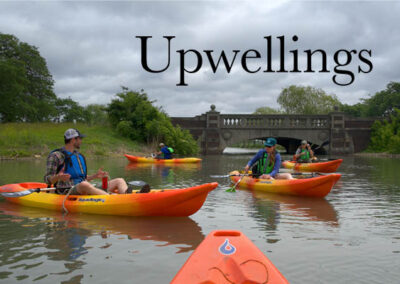Aquatic Invasive Species-Hazard Analysis Critical Control Point/Aquaculture Biosecurity Workshop to be offered in Baraga, Michigan
The potential exists for aquatic invasive species to spread to uninfested waters through the transport of wild harvested baitfish and aquacultured fish. Baitfish and aquaculture operations are diverse and complex, as are their risks of spreading aquatic invasive species. Most industry and natural resource segments pose no or very low risk of spreading aquatic invasive species. To deal effectively and fairly with this potential vector, it is important to characterize these operations according to their risks of spreading aquatic invasive species. Without adequate risk assessment of individual operations, regulations could be imposed which would unnecessarily negatively impact the economy of these operations and still not effectively reduce the risk of spreading aquatic invasive species.
One approach to this problem is to apply the Hazard Analysis and Critical Control Point (HACCP) concept similar to that used by the seafood industry to minimize seafood consumption health risks. The advantages of this system are that it can effectively deal with a diverse fishery operations, it has proven to be a good partnership between industry and government regulators, and when properly applied it is effective. The HACCP approach concentrates on the points in the process that are critical to the safety of the product, minimizes risks, and stresses communication between regulators and the industry. Natural resources agencies and the baitfish and aquaculture industries have been proactive in using the HACCP approach to prevent the spread of AIS by participating in training programs and implementing HACCP plans that are specific to their operations.
To continue these efforts Michigan Sea Grant, the Great Lakes Indian Fish and Wildlife Commission, and Keweenaw Bay Fish Hatchery will be offering an Aquatic Invasive Species-Hazard Analysis Critical Control Point (AIS-HACCP)/Aquaculture Biosecurity Workshop that will be held on May 30, 2019 in Baraga, Michigan at the Ojibway Casino Resort. The workshop will run from 9:00 am to 5:00 pm and there is no registration fee as all the training materials will be provided through previous funding by the North Central Regional Aquaculture Center.
For more information on the workshop contact Ron Kinnunen (Michigan Sea Grant) at [email protected].
To register for the free course send your contact information to: [email protected]



